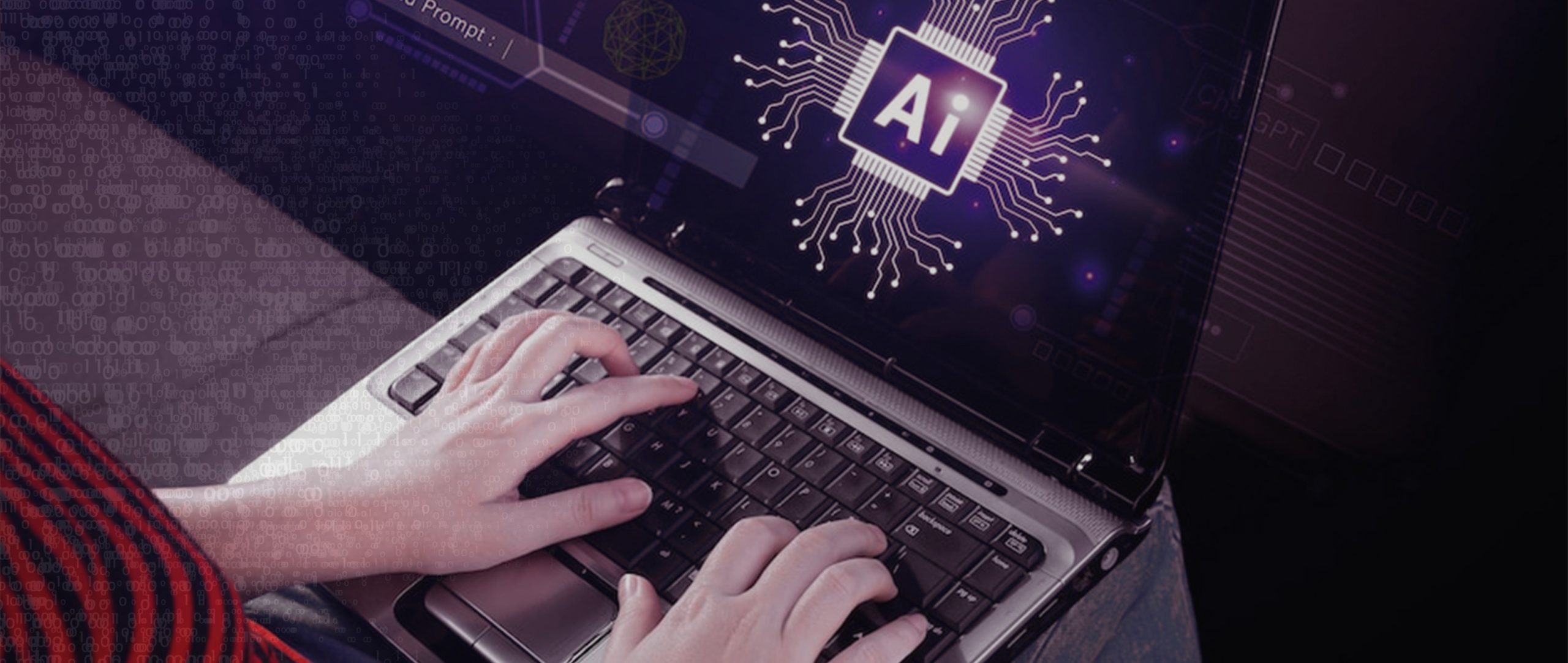Artificial Intelligence (AI) is one of the major disruptive technologies impacting various industries including software development , healthcare, retail, and many more. It has revolutionized the way people interact with software items. For example, AI in software development has led to the birth of smart chatbots, fast code debugging, code generation, etc.
AI is expected to become an increasingly integral part of our daily lives in various forms in the future. In fact, future AI will become more deeply embedded in machines through advanced software solutions.
This blog will help you understand in detail: Why is AI the future of the software industry?
What is AI?
Artificial Intelligence (AI) is simply the intelligence shown by machines to solve problems that usually require human intervention. In other words, we can also say that AI successfully bridges the gap between the IT world and the real world by mimicking human intelligence through machines.
We are already witnessing the use of AI in various ways, such as facial recognition features by Android and iOS smartphones, self-driving car systems or smart cars, user interactions with Alexa and Siri, etc.
As technology advances, future AI will play an even greater role in software development .
The potential impact of future AI development could come in a variety of conceivable and also unpredictable forms.
Let’s understand how AI works
Analyzing the working principle of AI can be seemingly complex. It is a data-driven technology that learns from patterns and information when making decisions. We have divided working with AI into several steps that will help you understand the technology.
- Collecting data: AI collects data from various sources, such as texts, images, and videos, and learns from it.
- Machine learning: Further, this data is processed using machine learning algorithms to identify patterns and relationships.
- Neural Networks: AI uses deep learning that resembles the human brain through layers of interconnected nodes or neurons.
- Continuous Learning: AI systems are capable of continuous learning and adaptation. A larger volume of data helps the AI system become more precise in performing specific tasks.
- Training and feedback: AI uses feedback loops for advanced learning and predicts outcomes. If predictions are not accurate, the system adjusts parameters to improve accuracy.
- Automation: AI is able to automate tasks and minimize the need for human intervention.
A professional software outsourcing team can help you build an AI-powered application to automate various processes.
Here are five ways future AI in software development is leading the industry
1. Debugging code
Advanced AI algorithms help in tracking down bugs and identifying critical issues in software code. The technology analyzes code patterns, data flow, and error logs to find bugs and helps remove them from the system quickly. A proactive approach to identifying and fixing bugs enables building high-quality code.
2. Automating code generation
Generative AI is useful in automating code generation, allowing the application to be built quickly. Advanced AI models can generate all the functions, classes, and even complex database queries needed in specific cases.
A front-end web developer can command AI in plain English, and the technology will generate the correct code. Future AI technologies will likely revolve around even greater precision and accuracy in writing code.
3. Documentation Options
Code Documentation is a large collection of documents and code comments that explain how the code works. This helps companies with future improvements and making necessary changes to the code. However, the downside is that documentation takes a lot of time.
Generative AI can replace traditional documentation processes more efficiently. With the best AI models, the back-end software developer can automate the documentation of API references, library manuals, and detailed application documentation.
Additionally, AI can produce documents in various formats, such as Markdown, HTML, PDFs, and interactive web interfaces.
4. AI-supported design
AI is also a powerful technological tool for generating sophisticated and beautiful user interface designs. UX designers can trust artificial intelligence to build interactive and immersive web designs. For example, visual design generation models such as DALL-E 2 can easily translate text prompts into new images.
This means that designers can create simple or complex UX designs using a simple prompt. For example, a prompt like “a mobile app for coffee lovers with a sci-fi aesthetic” could result in a vibrant phone interface set against a coffee shop backdrop.
5. Smart chatbots
AI-powered chatbots like Alexa and Siri can help users perform various actions. Many online stores today use chatbots to automate customer service. This eliminates the need for website visitors to go through a long list of frequently asked questions to get the information they want from the website. In this way, the technology helps in building ethically responsible AI applications.
Conclusion
That was all about the future of AI in software development. AI has a huge potential to transform any business into a successful enterprise. At Zedrox, we can help you seamlessly transform ideas into successful software.
Our team of professional developers are well versed in a range of technologies. You can easily hire a developer based on your exact needs.




